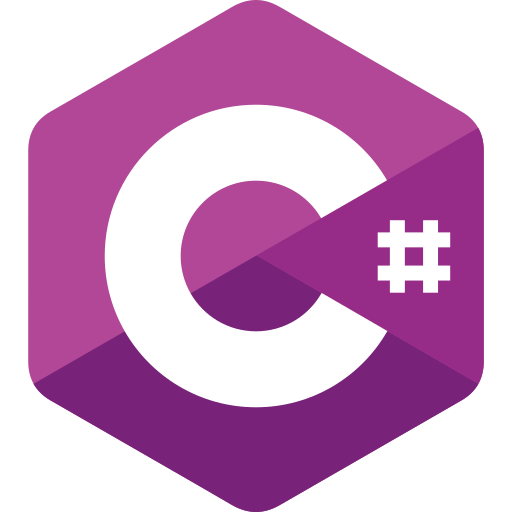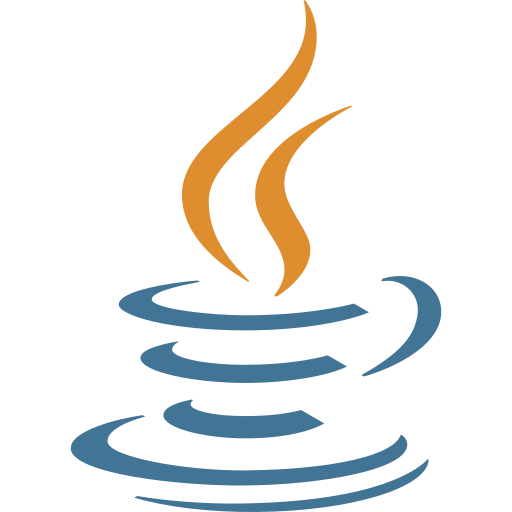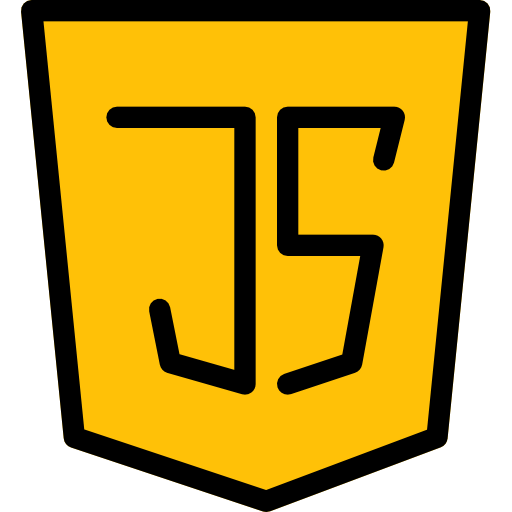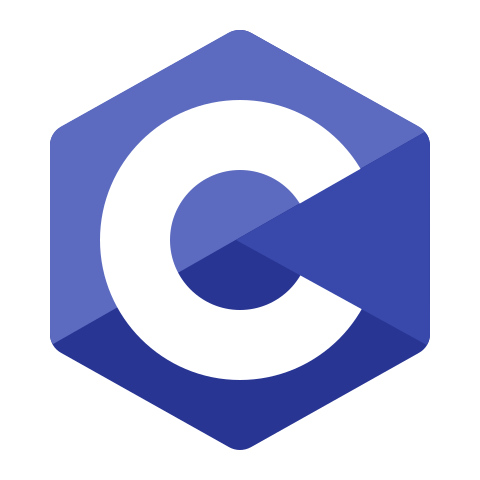Use this free online tool to convert C++ code to C# with just one click!
Here's how:
1. Type or paste your C++ code into the input box.
2. Click the 'Convert' button.
3. See your C# code appear in the output box.
1. Type or paste your C++ code into the input box.
2. Click the 'Convert' button.
3. See your C# code appear in the output box.

To

Key differences between C++ and C#
| Characteristic | C++ | C# |
|---|---|---|
| Memory Management | Manual (using new/delete) | Automatic (Garbage Collection) |
| Platform Dependency | Platform-dependent (compiled to machine code) | Platform-independent (runs on .NET framework or .NET Core) |
| Syntax and Features | Supports pointers, multiple inheritance | No pointers (uses references), supports single inheritance with interfaces |
| Compilation | Compiled to native machine code | Compiled to Intermediate Language (IL), run on Common Language Runtime (CLR) |
| Standard Library | Standard Template Library (STL) for data structures and algorithms | Extensive standard library (Base Class Library) for various tasks |
| Object-Oriented Programming | Supports both procedural and object-oriented programming | Purely object-oriented |
| Exception Handling | Supports exception handling, but less uniform | Robust and consistent exception handling |
| Concurrency | Requires libraries for multithreading support | Built-in support for multithreading and asynchronous programming |
| Use Cases | System software, game development, real-time applications | Web applications, enterprise software, desktop applications |
| Performance | Typically faster, closer to hardware | Generally slower due to CLR overhead |
Explore Our Ready-to-Use Converters via the Links Below
Convert From Java


Convert From C#


Convert From C++


Convert From GoLang


Convert From JavaScript


Convert From C



